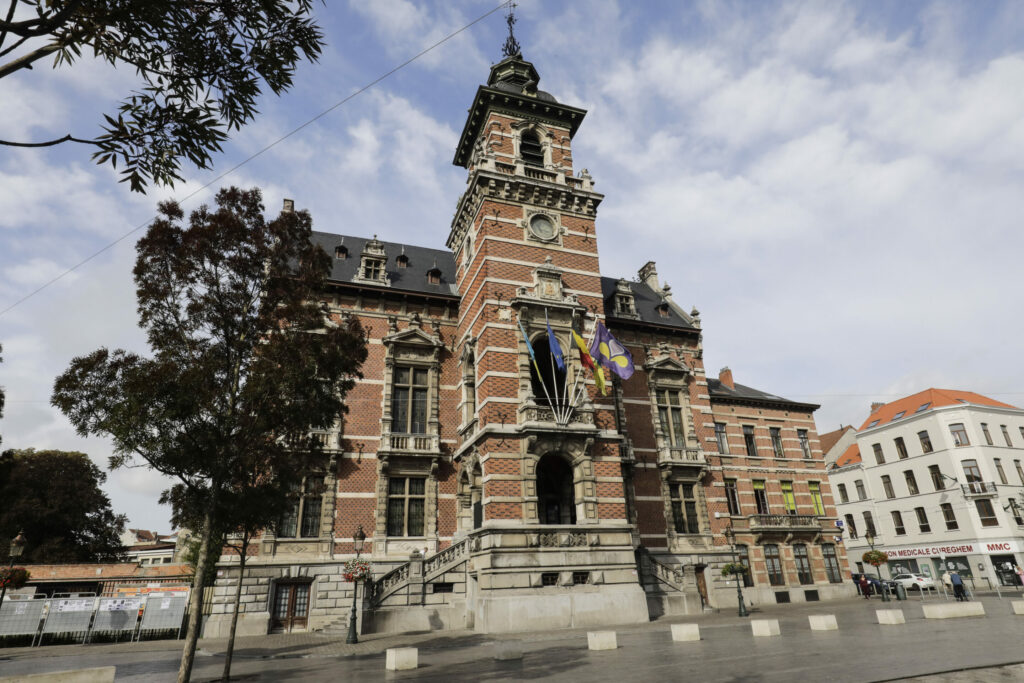Belgium is infamous for its high taxes. However, on top of personal income tax, people also face municipal tax, which varies from commune to commune. In four Brussels municipalities, this tax is increasing.
Municipal tax refers to various taxes levied at the local level to finance local facilities and services, from public schools and street maintenance to waste disposal. The tax levied on top of personal income tax and the additional percentages on property tax are the best-known examples and generate the most revenue.
The municipal tax is collected together with the personal income tax and can be found at the end of the tax assessment form. It is up to the municipality itself to determine the tax and decide when it will be increased.
This year, dozens of municipalities will increase their taxes in some shape or form, L'Echo reported. In Brussels, this includes four communes.
Personal income tax
In total, 12 municipalities are increasing the rate of their additional percentages on personal income tax in 2025. In this segment, the Brussels municipality of Anderlecht tops the national list when it comes to the increase made.
The commune announced its tax would rise from 5.5% to 7% on top of the personal income tax, a 1.5 percentage points increase. To quell concerns, Anderlecht Mayor Fabrice Cumps (PS) said that for a gross annual income of €25,000, the increase is "just" €4 per month.
However, the rate is higher in other Belgian communes, including Berlare in East Flanders (7.6%), Houffalize in Luxembourg (8%) and Jodoigne in Walloon-Brabant (8.8%). Jette is also increasing its municipal surcharge on personal income tax from 6.4% to 7.4%.
The trend of this tax increase is striking, as in previous years, municipalities often lowered their rates. In 2024, for example, 22 municipalities lowered their municipal surcharges on personal income tax. This year, only three municipalities are reducing the rate of their additional personal income tax: Walhain (-0.1%), Willebroek (-0.1%) and Woluwe-Saint-Pierre in Brussels (-0.3%).
This shift can be explained by the new local majorities coming into power following the municipal elections on 13 October, and the fact municipalities are expecting less income due to proposed federal reforms. Further tax increases are possible in the coming years during the legislature.
Property tax
Five communes are increasing their additional levy on residents' property tax in 2025. In Brussels, these are Berchem-Sainte-Agathe, Jette and Woluwe-Saint-Pierre.
The other two are La Hulpe in Wallonia and Keerbergen in Flanders. In Braine-l'Alleud, Rixensart and Chaudfontaine in Wallonia, and Puurs-Sint-Amands in Flanders, this amount is decreasing.
In the past, more than ten communes increased this levy per year. This year's smaller number can be explained by the fact that the cadastral income, which is used as the basis for its calculation, is indexed like Belgian wages. It has accumulated 17% indexation since 2023, which most communes likely consider sufficient additional income.

